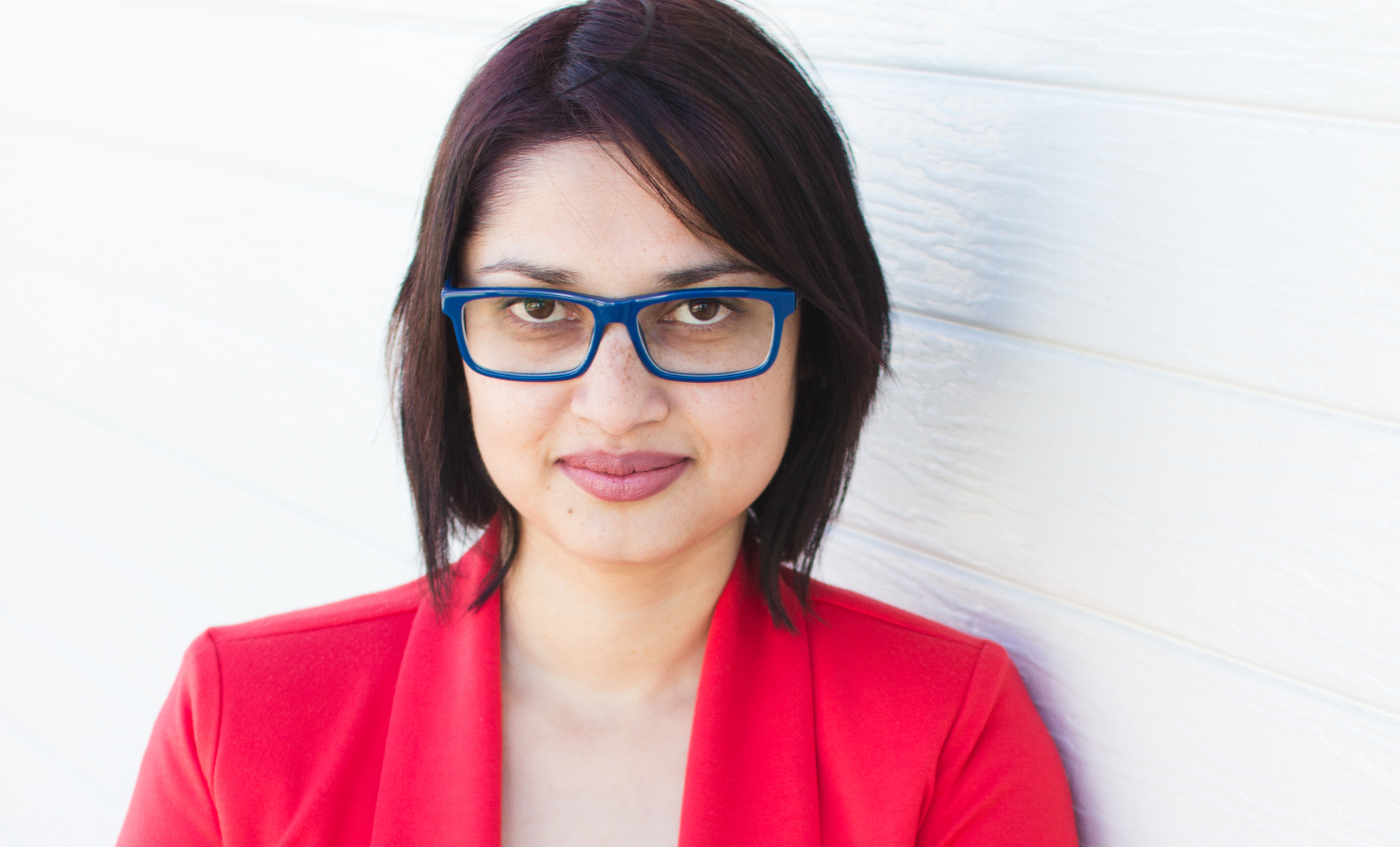
Tech journalist Nafisa Akabor has made it her job to simplify the things that other people have written off as too tricky to fathom – and her enthusiasm is infectious as she makes it all look easy. We caught up with her to find out how she got here, why it’s worth shifting the way we think about gadgets, and where she’d like to see women in tech.
CodeSpace: Could you tell us a little about your career journey so far?
Nafisa: I’ve always had an interest in technology since I was a child and doubled up as the family “tech support” in my teens, so naturally, it stuck as an adult. I started off by writing about technology in my spare time while working for a travel website back in the day (I have a travel background). My writing led to a nomination at Telkom’s ICT Awards, which is where I was spotted and offered a permanent position. Today, 11 years later, I am still writing about technology; and it’s still a passion of mine. I cover business and consumer tech and started freelancing after being retrenched almost six years ago and have no plans to go back to a 9-to-5.
Your website’stagline is “technology simplified”. Do you feel that most people overcomplicate technology?
From personal experience with friends and family and queries I receive, I’ve noticed that people definitely overcomplicate their interactions with tech. They are usually intimidated so end up leaving problems unsolved – but don’t even attempt to see how simple it could be. I genuinely believe that anyone can figure out stuff on a phone or tablet by simply playing around with it long enough and going into ‘Settings’. Everything I know about computers has been self-taught from a young age, and sure, I got into trouble for deleting important files, but how else do you learn?
You report, and tweet, on a wide variety of topics – from everyday tech tips to gaming to wearable tech. Is there a particular area of the industry that fascinates you at the moment?
I love the way technology constantly evolves but the key thing for me is ‘will it make my life easier?’. That being said, mobile payments are my current obsession. I love apps that let me pay directly from it without having to take my wallet out. I’ve signed up to as many that currently support it in South Africa.
Your content is generally positive, and always useful. Would you say that you have a particular passion for the problem-solving side of tech?
Yes, I like to show people how simple it is to do something on a device – even if it’s an app, from being efficient to integrating it seamlessly into your lifestyle. Sometimes I figure out stuff by accident and try to share it on my blog as a “how to”, or if people specifically ask me how to go about doing something. I use these interactions as a way to show others how to do it, if beneficial to everyone. This is what makes my blog generally positive, but if a product isn’t worth your money, I’ll also let you know.
The world of tech has a reputation for being one that’s still relatively closed to women. Do you see positive signs that this is shifting?
There are several initiatives that I’ve seen in South Africa to try to get young girls into STEM careers and women in the industry who are doing volunteer work, or just overall empowering other women through meet-ups. I think giving career advice is the right place to start because these young girls are impressionable and need that push from those who are established in the field to say “yes, you can absolutely do it”. That’s all it takes to make a difference.
As a female tech journalist, have you encountered challenges that your male colleagues don’t face?
When I first started out, I used to get sent “pink” gadgets to review, which annoyed me to no end. Back then, these type of gadgets or hardware were lower in spec for reasons I’ll never understand – so early on I put an end to that by requesting I get sent the regular stuff, or saying that I actually love the colour blue (which is beside the point). Separately, I have to deal with men who can be creepy both online and in real life, and the fact that they think I am answerable to them. I’ve had inappropriate things said to me at tech events that men will never have to hear but I don’t let it go, I stand up for myself where possible, or take action. Sadly, my favourite feature on social media is the block button, I wouldn’t survive without it.
Why is it important to empower women – particularly women of colour – to get involved in STEM?
Historically, we were not given the same opportunities, therefore, it’s important to get as many women of colour in these fields to bring a balance. Once there are enough women in these fields, I also hope to see them grow into high-level execs, directors etc. One of my biggest gripes is the speaker line-up at tech events where usually all the keynote speakers are white males. I’m all for diversity on all fronts so this definitely needs to change as well.
What would be your advice to someone who’d like to follow in your career footsteps?
If you’re a journalism student, start a blog. If you want to change careers, start a blog. If you’re good at it, the right people will notice.
